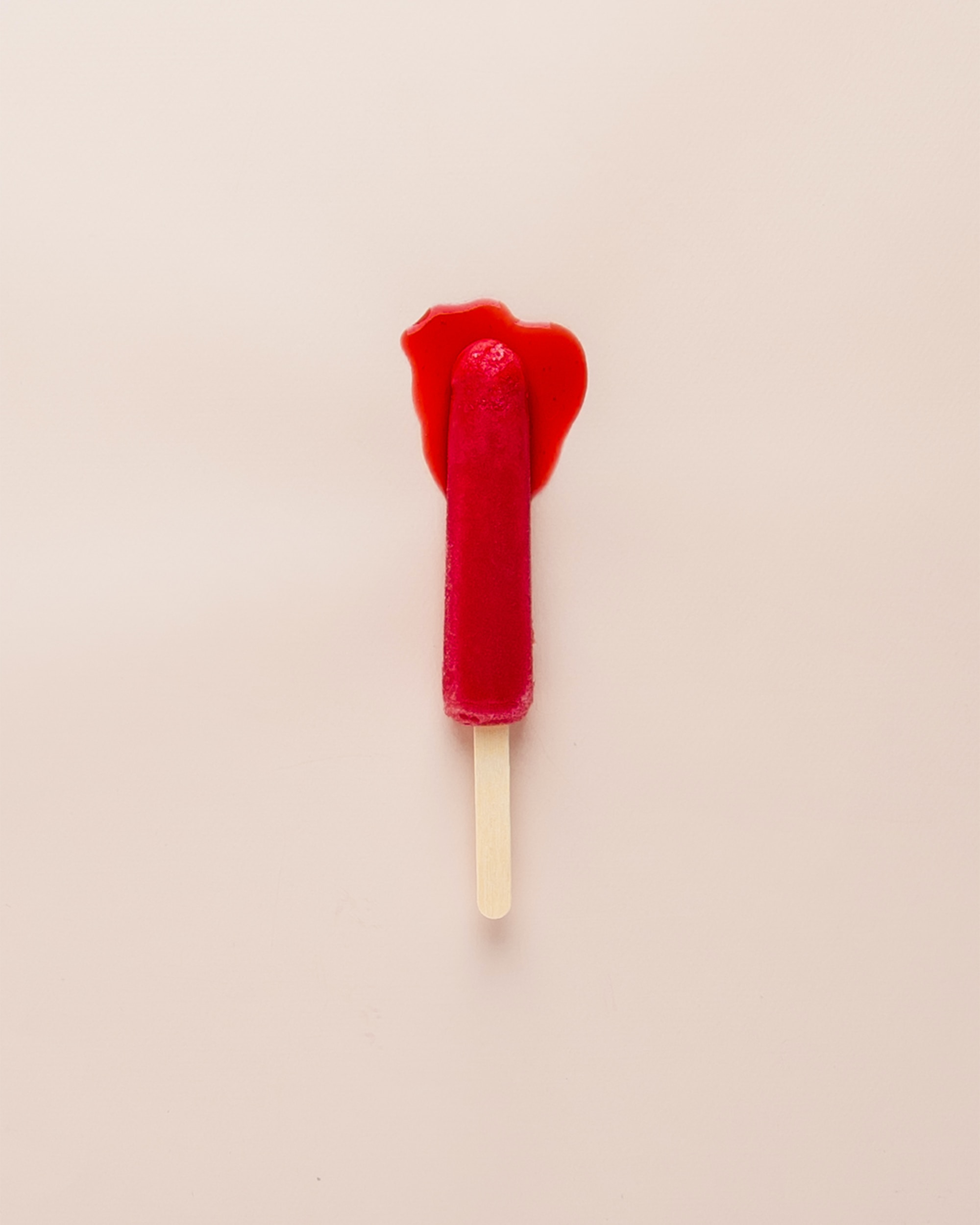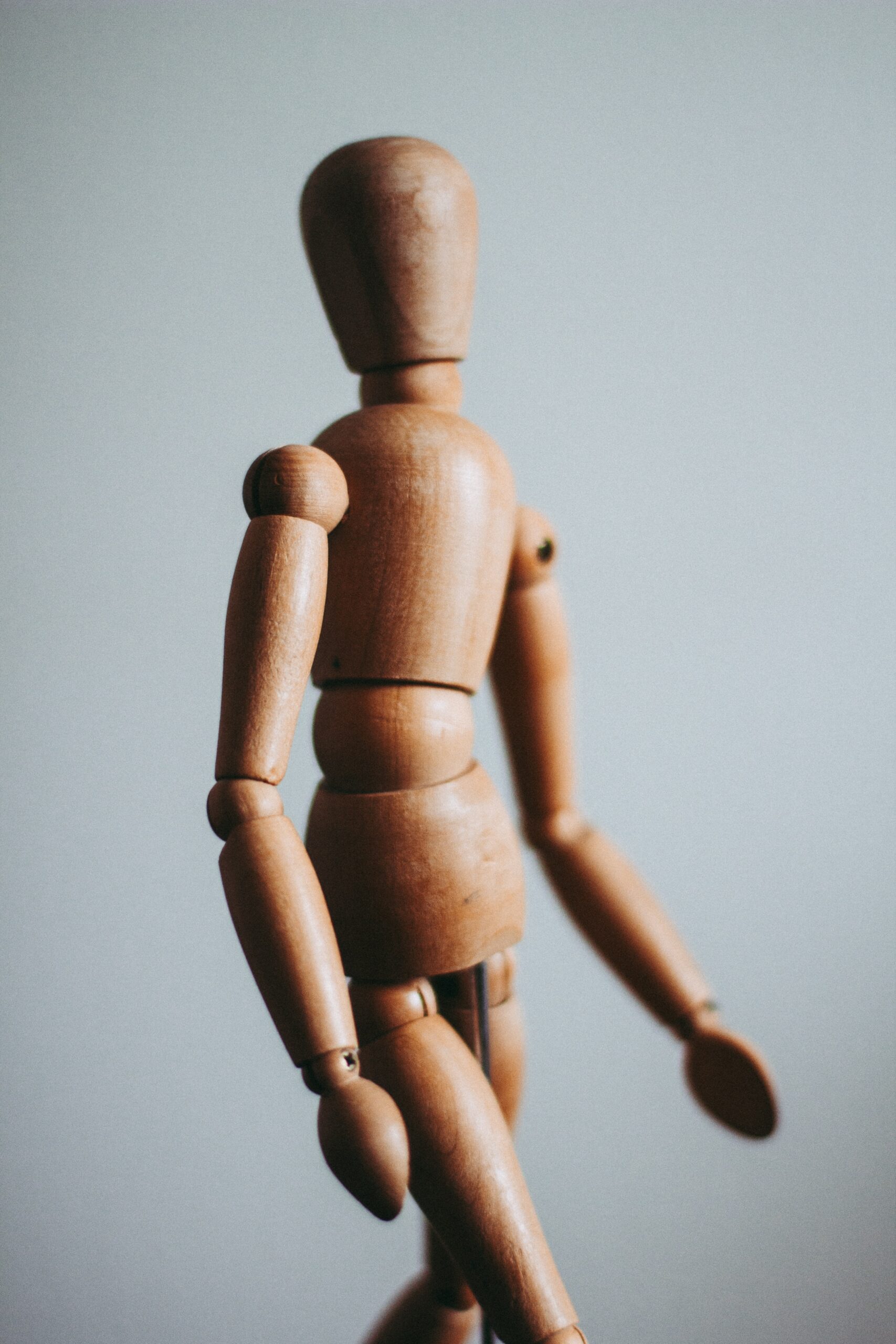
Photo by Erol Ahmed on Unsplash
Legal obligatory disclaimer: I’m not a doctor. I’ve read books and articles from trusted sources that I’ll link below. I give them proper credit because it’s their words I’m grateful to share.
But I am not a doctor. I am someone who lives with PCOS/PCOD and writing from my experience. Everybody is different, so it’s easy to say what works for some may not work for others.
In the end, this is not medical advice. Please visit a doctor you trust if you have questions and take a look at the resources below.
At 18 I started researching PCOS, or polycystic ovarian syndrome. I read an article in Seventeen Magazine about it and realized our stories were similar:
- Painful periods
- LONG irregular periods
- More than normal facial hair
- Difficulty losing weight
- Etc etc.
Difficulty losing weight was a big one. As a self-conscious teen, I’d been battling disordered eating for the majority of my young life. Even when I worked out and ate a balanced diet, I was never “skinny.” Back in my day, plus-size influencers and actors weren’t a thing because I grew up in the ’90s. Seeing someone not skinny who was confident and considered beautiful wasn’t thought of. If anything, the fat girl was the butt of the joke with a slew of negative stereotypes.
But I digress.
After I graduated high school I went to my first gyno appointment and talked about how irregular I was. When I explained my symptoms to my first gyno at 18 she didn’t think much of it.
“You’re young,” she replied. “Your periods are going to be out of sync. Just diet and exercise. Losing 10% of your body weight can turn it around.”
Cool, except I’m currently starving myself and working out two hours a day. Thanks.
I got my cycle back my freshman year, somewhat. I had a heavy flow for about a month and then three months of nothing. Again, I thought nothing of it because I didn’t care too much. I was at a Christian university and assumed I would be told to pray over it, so I didn’t bother.
Sophomore year I finally got on birth control, Yaz, like everyone else. If you’re reading this right now and have taken Yaz, I apologize for the war-like flashbacks. I don’t know what demon is inside of those pills but wow we were nutty, weren’t we?
Not only did I need to be regular, but I also needed my cramps to subside. Has your pain been so bad that you lose feeling in the lower half of your body? It’s fun. Luckily, I called my doctor and she prescribed Hydrocodone because Tylenol and Advil weren’t doing anything.
You read that right: the doctor prescribed legal opium and didn’t think to look further into it. Oh, that’s right, I need to lose weight to cure it.
This went on for years so I’ll spare you details, like a nurse almost getting kicked in the face because of a vaginal ultrasound I told her I didn’t want.
In 2019 I started advocating a lot louder for my health.
At 33 years old I got proper blood work and testing, including the ultrasound I asked for over the last 15 years.
Turns out my 18-year old self was right and I was finally diagnosed with PCOS. My left ovary is enlarged because there’s a house party of eggs hanging out like they own the place and my androgen levels are higher than normal, which are two key symptoms of having the disorder/syndrome.
I switched birth control pills, taking Lo Estrin and Lo Lo Estrin before getting the Nexplanon implant. Because of other health issues, synthetic estrogen put me at greater risk for blood clots so the implant was the safest option…so I thought.
As explained, the progestin in Nexplanon helps with the uterine wall shed, lowering the chances of uterine cancer. Fine. I breathed a sigh of relief. I had answers after all this time, and now I can move on with my life, right?
Yeah, that didn’t work either.
I spent the next ten months spotting with occasional flows. The weight didn’t come off, of course, and my moods were out of control. Despite 2020 being a beast, my anxiety levels were off the charts and depression levels kicked in high gear; crying at the drop of a hat; not getting out of bed, random moments of anxiousness triggered from existing.
And on the basis of losing weight, I called my doctors to ask about my thyroid, because research said people with PCOS issues can also have thyroid issues. That was met with, “Oh your TSH levels are fine. You don’t need anything else.”
That to say, I wanted to get serious about weight so I started working with my nutritionist, Kyndall. Prepping my body to have a baby one day is important, and if losing weight will help balance out the hormones, so be it. Also, I want an ab by 2040.
Instead of counting calories, we worked on paying attention to my body and how it reacts to food. Cutting out grains, added sugars, and dairy made me less bloated, and that was great. During my checkup though, I stepped on the scale and lost a grand total of 3 pounds.
Frivolously researching all of my medications, I watched videos on YouTube about Nexplanon and saw people have the same symptoms as me; Breakthrough bleeding, massive weight gain despite maintaining the same diet plan and exercise regimen, depression, etc.
Convinced that’s what this was, I contemplated taking it out that night, but because cutting yourself open is frowned upon, I made a note to call my doctor. I wanted it out immediately.
By the grace of Beyonce, I was able to get an appointment the next day at Planned Parenthood. Marching my happy butt into the office, I had a conversation with the physician and within an hour I was free.
Find yourself in a familiar situation? I get it, I do.
If birth control isn’t the answer, what is? Have doctors been lying to us all this time?
The truth of the matter is, no one knows how to treat PCOS.
Being told to lose weight isn’t going to do anything other than lead you to disordered eating. Why? Because PCOS makes it hard for you to lose weight in the first place. According to “VeryWell Health,” one of the reasons is increased insulin:
“PCOS affects your body’s secretion and use of insulin. Your cells become resistant to insulin signals and this prompts your pancreas to produce even more insulin.”
But wait, there’s more!
There are five different types of PCOS
This means not everyone has the same symptoms even with the same diagnosis. That means, there’s no one size fits all solution.
Let’s take a look at the types:
ADRENAL TYPE OF PCOS: We all have testosterone, no matter what chromosomes you’re made up of. However, XY and XX determine how much a person produces. If you have XX chromosomes with more than normal androgen levels, your ovaries may have trouble releasing eggs and shedding your uterine wall.
One can also develop Hirsutism or excess coarse facial hair growth. Your adrenal glands are also more stressed, raising cortisol levels, and making your body’s insulin levels act as resistant.
Post Pill PCOS: Did you know your monthly bleed due to your pill your body’s natural period? Instead, this is bleeding induced by the pill. From, “The Period Repair Manual:”
…Pill bleeds are not periods. They do not equate to, in any sense to the cycling of your hormones. Pill bleeds are pharmaceutically induced bleeds that are arbitrarily coordinated into a 28-day pattern to reassure you that your body is doing something natural.” Furthermore, (the author) states, Pill steroids are not better than your hormones. They’re not even hormones.
I’m not anti-birth control but I am pro-knowledge. In my 15 years of using birth control, I was never told this. Did my doctors lie or did they innocently not know?
Inflammatory PCOS: Inflammation in your body can trigger PCOS. From “Composed Nutrition:”
Signs in your body of inflammation include digestive issues like IBS, unexplained fatigue, headaches, joint pain, skin conditions like eczema or psoriasis, or even food sensitivities. You can test a marker called high sensitivity C-reactive protein (hsCRP) to check for the level of inflammation in your body if you suspect you may have an inflammatory type of PCOS.
Hidden Cause: Have PCOS but none of the above applies? Great! Your PCOS causes its own mystery. If you deal with hypothyroidism or vitamin deficiencies, for example, your ovaries aren’t getting the proper nutrition they deserve, and thus your body goes off-kilter.
If you’re a gynecologist, endocrinologist, or any kind of doctor reading this, please understand I am not here to question your knowledge from med school. What I’m realizing is, during my adult years, PCOS/PCOD is a pain in the butt to manage because it’s different for everyone.
Birth control, while great for preventing pregnancy, is not the cure for PCOS, and alas, other methods should be studied. I’m sure it helps some people manage, but let’s suggest natural/holistic methods first.
And if you’re someone with PCOS reading this, all is not lost. We, the patients, have to research a bit harder, approach our doctors with education from reliable sources, and be bold in our questions and demands.
After all, it’s our body, and we are the ones living in it every day.
One last note: I know there is mention about birth control in a negative light. I want to make it clear I am very much pro-choice, including the choice to use birth control Do what’s best for your life and health.
The best decisions come from truth and education. What you do with that is up to you, and I will support you in that.



